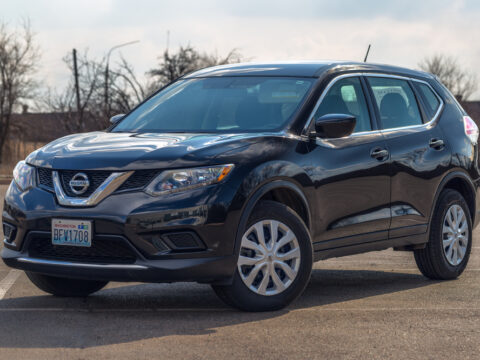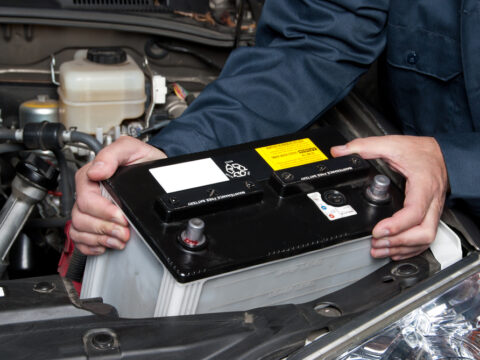Buying a new car might seem exciting, but if you’re under 25, it might not be the best financial decision. From higher insurance rates to rapid depreciation, there are several reasons why young drivers should consider alternatives. Here’s why you shouldn’t buy a new car if you’re under 25.
Contents
High Depreciation Rates

New cars lose a significant portion of their value as soon as they are driven off the lot. Typically, a new car can depreciate by 20-30% in the first year alone. For young buyers under 25, this rapid depreciation means that the car’s resale value will be much lower if they decide to sell it in a few years, leading to a substantial financial loss.
Higher Insurance Costs

Insurance premiums for new cars are generally higher compared to used cars. This is especially true for drivers under 25, who are considered high-risk by insurance companies. The higher insurance costs can significantly increase the overall expense of owning a new car, making it less financially viable for young drivers.
Limited Budget

Most individuals under 25 are either still in school or just starting their careers, which means they likely have a limited budget. New cars are expensive, and the monthly payments for a new car loan can strain a young person’s finances. Opting for a used car can help maintain a healthier budget and avoid financial stress.
Student Loans and Debt

Many young adults under 25 are burdened with student loans and other forms of debt. Adding a new car loan to existing financial obligations can create additional stress and make it harder to manage monthly payments. Prioritizing debt repayment over purchasing a new car is often a more financially sound decision.
Higher Sales Tax

The sales tax on a new car can be a substantial added cost. In many regions, the sales tax rate is a percentage of the car’s purchase price, which means the higher the price of the car, the more sales tax you will pay. For a young buyer, this additional cost can be a significant financial burden.
Expensive Registration Fees
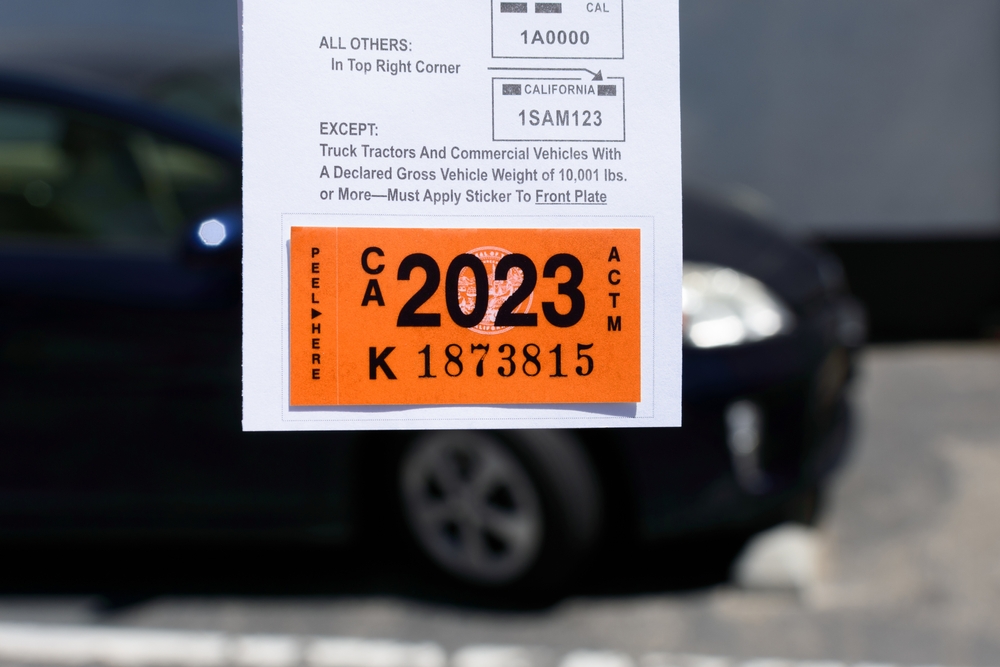
New cars often come with higher registration fees compared to used cars. These fees are typically based on the car’s value, which means that the higher the value of the car, the higher the registration fee. For young drivers, these recurring costs can add up and strain their budget.
Rapid Technological Advancements
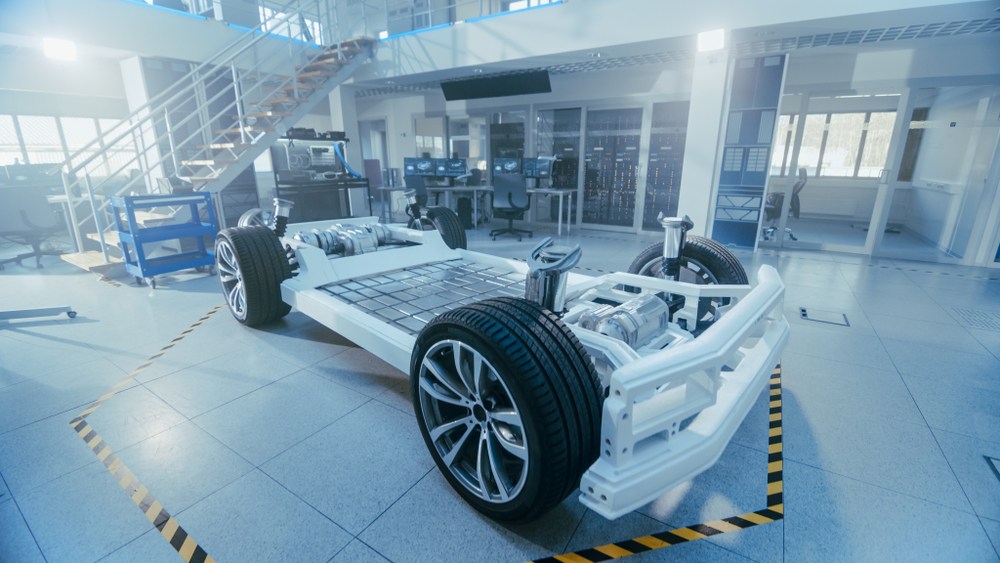
Technology in the automotive industry is advancing rapidly, which means today’s new car can quickly become outdated. For young buyers under 25, it might be wiser to wait and invest in a car that incorporates the latest advancements once they are more financially stable, rather than spending a large sum on a new car that may soon be surpassed by newer models.
Better Deals on Used Cars

The used car market offers a wide variety of options at significantly lower prices. Many used cars are only a few years old and come with modern features and low mileage. For young buyers, purchasing a well-maintained used car can provide better value for money and reduce the financial burden compared to buying a new car.
Maintenance Costs

While new cars typically come with a warranty that covers certain repairs, they still require regular maintenance, which can be costly. Additionally, once the warranty expires, the cost of repairs can be high. For young drivers, a used car with a proven reliability record and lower maintenance costs can be a more economical choice.
Flexibility in Choice

The used car market offers a broader range of makes and models, providing more flexibility in choosing a car that fits both the budget and lifestyle of a young driver. This variety allows young buyers to find a car that suits their needs without the high price tag of a new vehicle.
Avoiding Long-Term Debt

Taking on a long-term car loan at a young age can be risky. Financial situations can change, and being tied to a significant monthly payment for several years can limit financial flexibility. Opting for a used car or saving up for a larger down payment can help avoid long-term debt and its associated risks.
Opportunity to Build Credit
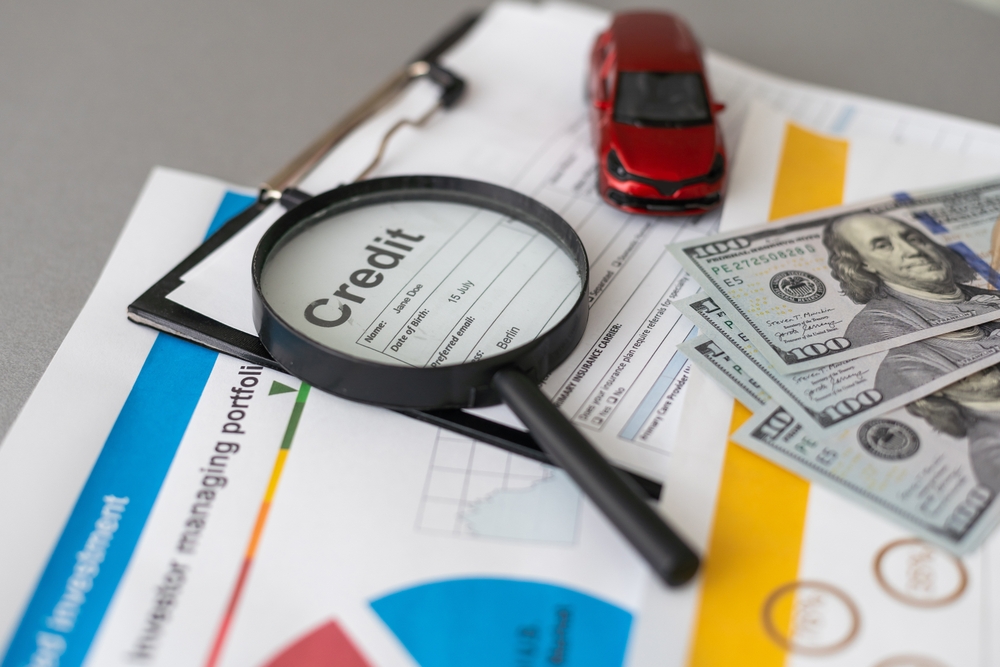
Purchasing a less expensive used car with a shorter loan term can be an excellent way for young adults to build their credit history. Successfully managing smaller monthly payments can help establish a good credit score, making it easier to obtain loans for larger purchases in the future.
Learning Experience

For many young drivers, owning and maintaining a used car can be a valuable learning experience. It provides an opportunity to understand the basics of car maintenance and repairs, which can be beneficial skills throughout life. This knowledge can also help in making more informed decisions when buying cars in the future.
Risk of Accidents

Statistically, younger drivers are more likely to be involved in accidents. Driving a new car, which is more expensive to repair or replace, can lead to higher financial losses in case of an accident. A used car can be a safer and more cost-effective option for young drivers who are still gaining experience on the road.
Lower Financing Rates for Used Cars

While new cars often come with attractive financing offers, used cars can also be financed at competitive rates, especially for certified pre-owned vehicles. These lower financing rates can make it easier for young buyers to afford a quality vehicle without stretching their budget too thin.
High Cost of Ownership

The total cost of owning a new car includes not only the purchase price but also insurance, registration, maintenance, and depreciation. For young drivers, these costs can add up quickly and create financial strain. A used car generally has a lower cost of ownership, making it a more practical choice for those under 25.
Availability of Certified Pre-Owned Programs

Many manufacturers offer certified pre-owned (CPO) programs, which provide used cars that have been thoroughly inspected and come with extended warranties. These programs offer the peace of mind of buying a new car while benefiting from the lower cost of a used vehicle. For young buyers, a CPO car can be an ideal compromise.
Financial Priorities

Young adults under 25 often have other financial priorities, such as saving for a house, continuing education, or investing for the future. Spending a large portion of their income on a new car can hinder their ability to achieve these goals. Prioritizing financial stability over a new car purchase can lead to better long-term financial health.
High Depreciation on Leasing

Leasing a new car can be tempting due to lower monthly payments, but it still involves high depreciation costs. At the end of the lease term, you may have nothing to show for the money spent. For young drivers, leasing can be a poor financial decision compared to buying a reliable used car that retains more of its value.
Better Investment Opportunities

Instead of spending a significant amount of money on a new car, young adults under 25 can invest their savings in other opportunities that offer better returns. Investing in education, starting a business, or saving for a down payment on a home can provide long-term financial benefits that far outweigh the temporary satisfaction of owning a new car.
This article originally appeared on MyCarMakesNoise.
More from MyCarMakesNoise
17 Vehicles Prone to Frequent Breakdowns You Should Avoid
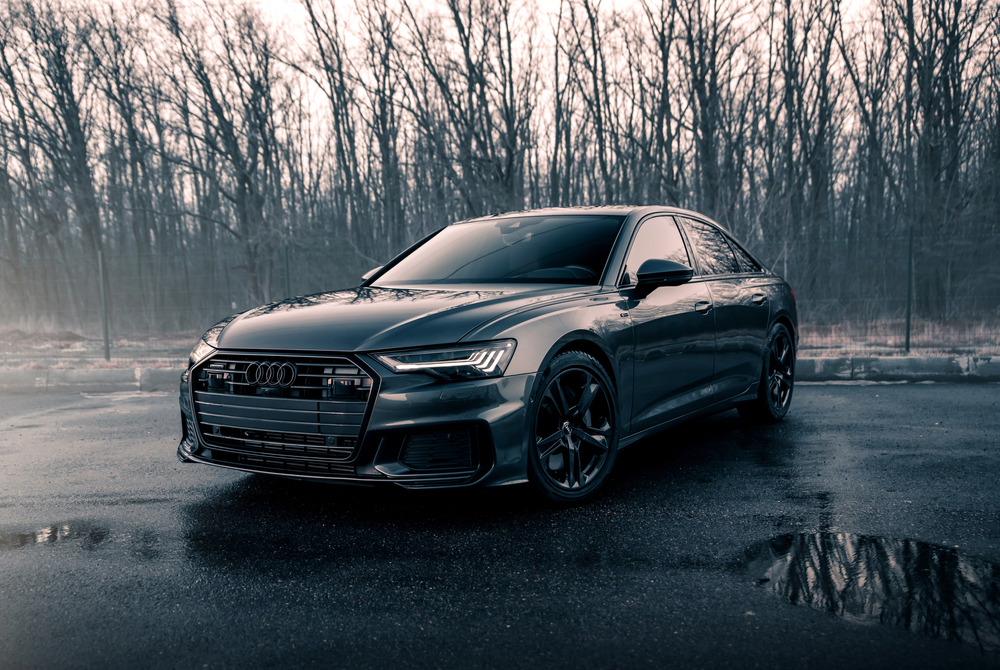
Every car owner hopes for a reliable ride, but some vehicles have a knack for disappointing expectations with their frequent breakdowns. We delve into various models from acclaimed manufacturers such as Audi, Dodge, and Toyota, revealing why they’re more prone to mechanical and electrical issues. Read More.
11 Surprising Facts About the USS Enterprise Aircraft Carrier

The USS Enterprise, the world’s first nuclear-powered aircraft carrier, has a storied history that spans over five decades. Known as the “Big E,” this iconic ship has played a crucial role in numerous military operations and left an indelible mark on naval history. Read More.
19 Most Elegant Classic Trucks Ever Made

Classic trucks have a unique charm that combines rugged functionality with timeless elegance. In this article, we celebrate the 19 most elegant classic trucks ever made, showcasing models that have stood the test of time with their stunning designs and enduring appeal. Read More.


